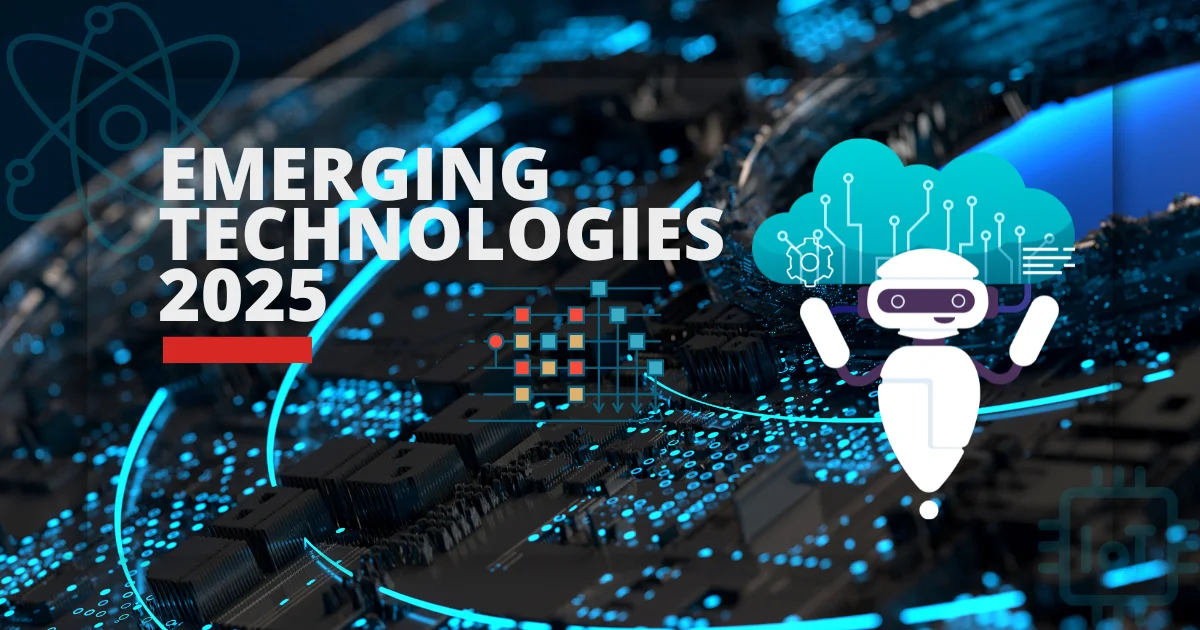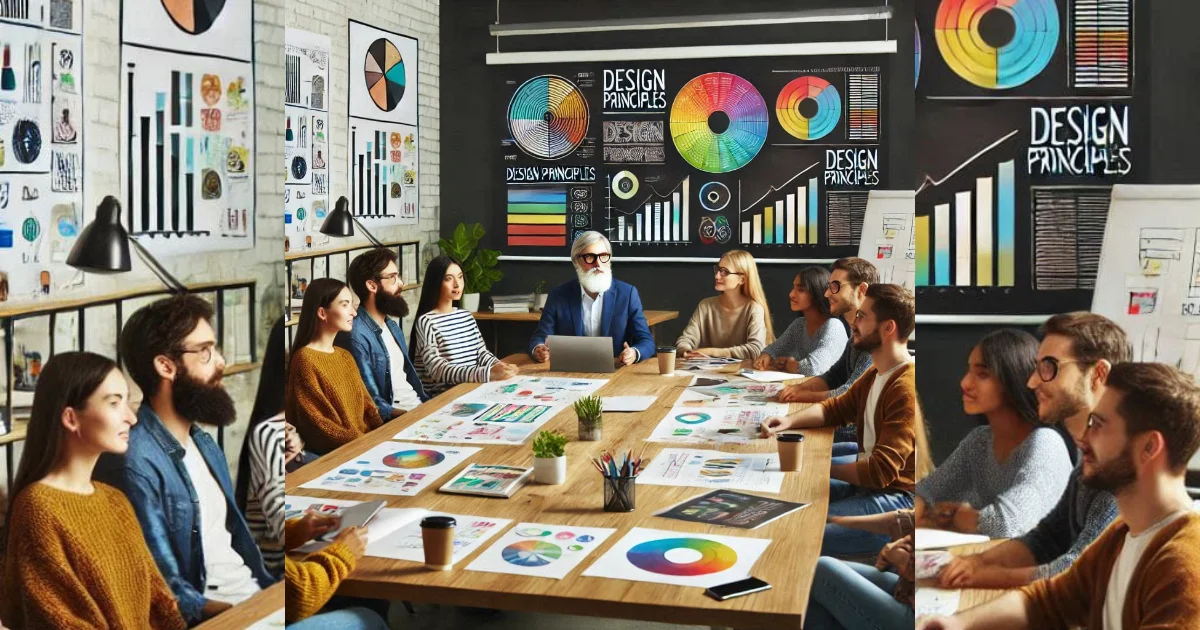Introduction
We are seeing emerging technologies change businesses and our daily lives at a speed that has never been seen before. It is getting even faster. One new technology that is making the future better is genetics. Another is artificial intelligence (AI). We are also seeing growth in quantum computing and the Internet of Things (IoT). These technologies will make people better and make it easier for businesses all over the world to run. At Sphere Medium, we’ll talk about these big changes and give you ideas for how the new tools can change how we connect with the world and each other. It talks in great detail about the cutting edge tech that people will love in 2025. It looks at how they could change things like banks, medicine, healthcare, and city planning.
Brief overview of the importance of emerging technologies
From the realm of urban planning to that of healthcare, rising technologies are driving dramatic changes across all sectors of the economy. The developments that have taken place in these sectors hold the promise of maximizing human potential, streamlining industry, and finding solutions to challenging challenges as the year 2025 draws closer.
Definition of emerging technologies
“Emerging technologies” refer to innovative concepts having significant potential to revolutionize industries and impact society, however they are not yet extensively utilized. These developments have not yet been universally accepted. This group encompasses scientific advancements in biotechnology, quantum computing, the Internet of Things, and artificial intelligence.
Preview of the technologies to be discussed in the blog post
We will look at four major technologies during the course of this essay that are expected to influence 2025:
- Artificial Intelligence (AI)
- Internet of Things (IoT)
- Quantum Computing
- Biotechnology
Artificial Intelligence in Emerging Technology
Impact of AI as an Emerging Technology on Healthcare, Finance, and Retail
Artificial intelligence is changing many aspects of life, including healthcare, banking, and commerce.
For example, the use of artificial intelligence in the diagnosing process, predictive analytics, and individualized care all help to improve individual medical treatment.
It is helpful for traders, risk managers, and individuals investigating for fraud in the financial realm to have access to AI systems.
AI helps people shop better by giving them personalized thoughts and help on its own
Advancements in natural language processing and machine learning
Machine learning and natural language processing (NLP) are getting better. By 2025, we believe that ML and NLP models will have come a long way.They will be able to connect people and computers, translate better in real time, and make more material. Because of these changes, AI can now be used in a lot more places. This leads to more work being done and fresh ideas being thought of.
Ethical considerations and concerns surrounding AI technology
As AI grows, ethical issues arise, such as privacy concerns, job displacement, and the potential misuse of AI for surveillance. Ensuring responsible AI use is essential to maximizing its benefits while minimizing risks.
Internet of Things (IoT)
Integration of IoT devices in smart homes and cities
Internet of Things (IoT) devices connect ecosystems that keep everything running, from smart homes to city infrastructure. Smart towns will mostly depend on IoT by 2025 to make city life better by taking care of trash, watching traffic, and making sure energy use is low [3].
Enhancements in cybersecurity measures for IoT devices
The Internet of Things (IoT) is evolving, and we need robust protection. In the year 2025, enhanced authentication and encryption procedures will be implemented in order to protect networked devices from potential dangers that may be encountered online.
Potential for IoT to revolutionize the way we interact with technology
One of the potential benefits of the Internet of Things is that it has the ability to make everyday interactions more efficient. From intelligent traffic systems to goods that can learn what people enjoy, the Internet of Things (IoT) is continuously revolutionizing the way in which we utilize technology.
Quantum Computing
Breakthroughs in quantum computing capabilities
Rapid advancements in quantum computing enable computations that are much beyond the capabilities of traditional computers. We anticipate innovations that could speed up studies in areas like materials science and medicine discovery by 2025.
Applications in cryptography and data analysis
Potentially transforming intelligence analysis and data security, quantum computers may manage vast amounts of data and produce unbreakable encryption.
Challenges and Limitations of Quantum Computing as an Emerging Technologies
Quantum computing is still in its experimental phase with issues including instability, great cost, and limited access. Reaching its potential will need conquering these challenges.
Biotechnology
Innovations in gene editing technologies
Biotechnology developments, particularly in gene editing (e.g., CRISPR), are revolutionizing medicine by allowing precise modifications to genes.
Impact on personalized medicine and healthcare treatments
Biotechnology advances customized medicine by increasing treatment efficacy and minimizing negative effects by adapting them to each patient’s unique genetic profile.
Ethical dilemmas surrounding biotechnology advancements
There are many good things about biotechnology, but there are also some bad things that can happen. For example, some people are worried about genetic privacy, unequal access, and the bigger effects of changing human DNA.
Conclusion
By 2025, biotechnology, AI, IoT, and quantum computing will all be crucial in determining our future and providing game-changing solutions in a variety of industries.
Importance of staying informed about emerging technologies
Being informed helps us comprehend the ethical and societal ramifications of emerging technologies, equipping us for an increasingly innovative future.
Encouragement for readers to explore further resources on the topic
Everyone will be affected by new technologies. Understanding them can help us get along in a world that is changing quickly.
FAQs
What are emerging technologies?
Though their present limited acceptance, emerging technologies are creative breakthroughs with great potential to revolutionize several sectors. These fields cover artificial intelligence, the Internet of Things, nanotechnology, and quantum computers. All of these are expected to change greatly by 2025.
How are industries evolving as a result of artificial intelligence?
Artificial intelligence is revolutionizing industries such as retail, healthcare, and finance. It improves procedures and decision-making by enabling specialized medicine, advanced fraud detection, and personalized consumer experiences.
What is the Internet of Things (IoT), and how does it impact daily life with emerging technologies?
The Internet of Things (IoT) is a key part of emerging technologies because it links everyday things together in ways that make them work better. This makes homes and cities smart. All sorts of things, from smart home appliances to keeping an eye on traffic in towns, use IoT devices to make things easier and more productive.
Why is cybersecurity important in the context of IoT and emerging technologies?
The Internet of Things (IoT) is a new and emerging technology that connects objects over networks and is the target of cyber threats. Better cybersecurity, like better encryption and authentication, is needed to keep these devices and their data safe so that IoT technologies can be used reliably and safely.
Useful Links

Business Consultant | Web designer & Developer | Social media Manager | SEO | Passionate Learner, I am deeply passionate about learning and continuously improving my skills.
My interests are diverse, ranging from music and singing to computers and programming languages, digital art, AI





